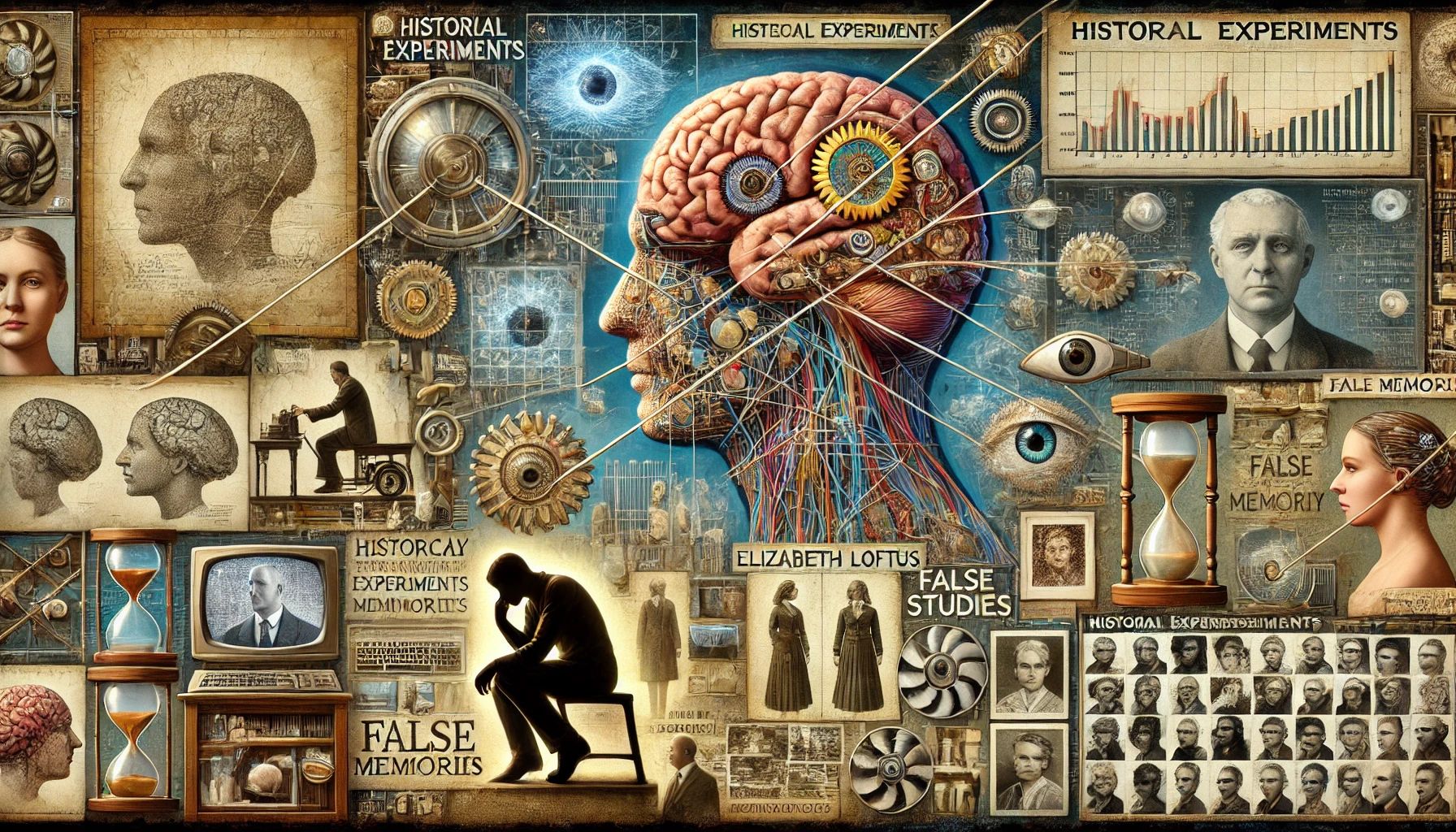
False Memories: Manipulation and Perception
In the realm of memory, what is real and what is imagined often blur into a perplexing blend. As we sit before our screens, incredulous at tales spun on television, we might scoff: who could believe such fantasies? Yet, the unsettling truth reveals itself: human memory is alarmingly susceptible to distortion, capable of incorporating fictitious narratives as genuine recollections.
The pioneering work of Elizabeth Loftus in the 1990s illuminated this cognitive vulnerability. In her seminal experiments, participants were subtly coerced into adopting false memories of childhood events, such as becoming lost in a supermarket. Astonishingly, a significant portion not only embraced these fabrications but embellished them with vivid details, indistinguishable from their genuine reminiscences.
From Fabricated Photographs to Confessions
Kimberly Wade's 2002 experiment escalated this intrigue. By presenting manipulated photographs depicting non-existent experiences, nearly half of the subjects developed intricate memories of events that never transpired, illustrating the malleability of human recollection under suggestive conditions.
Case Studies: The Power of Suggestion
The notorious case of Paul Ingram underscores the extreme ramifications of memory manipulation. Accused by his own children of heinous crimes years after the alleged incidents, Ingram, initially steadfast in denial, succumbed to false memories under intense police interrogation. Prompted by psychologist Richard Ofshe's contrived narrative, Ingram's coerced confession exemplifies how deeply fabricated memories can root themselves in the psyche.
Challenges to Authenticity: Neisser's Revelation
Ulric Neisser's study post-Challenger disaster in 1986 further complicates the reliability of memory. Initially capturing vivid accounts from witnesses, subsequent interviews revealed stark inconsistencies, challenging the veracity of even emotionally charged recollections.
Contemporary Insights and Psychological Manipulation
Advancements in neuroscience purportedly identify brain mechanisms orchestrating the insertion of false memories. This alarming capability raises ethical concerns about the potential abuse of memory manipulation in various contexts, from personal narratives to societal narratives.
Psychological Strategies of Media Manipulation
Beyond individual memory, media and societal structures employ sophisticated strategies to sway public perception and behavior:
Distraction Tactics: Overwhelming the public with trivial information to divert attention from critical issues.
Problem-Solution Dynamics: Engineering crises to induce public demand for predetermined solutions, thereby influencing policy and civil liberties.
Incremental Change: Gradually implementing unpopular policies to circumvent public resistance, a tactic employed in shaping economic and social landscapes.
Emotional Manipulation: Utilizing emotional appeals to bypass rational scrutiny, influencing subconscious thoughts and behaviors.
Cultural Mediocrity: Promoting societal values that discourage critical thinking, perpetuating a cycle of ignorance and compliance.
Guilt Instigation: Inducing individuals to internalize blame for personal shortcomings, thereby dampening resistance to systemic injustices.
Knowledge Disparity: Exploiting advancements in neuroscience and psychology to maintain superiority in understanding and manipulating human behavior.
Conclusion
In a world where truth and perception intertwine, the susceptibility of memory to manipulation raises profound questions about individual autonomy and societal influence. As we navigate the complexities of memory and media, understanding these dynamics becomes crucial to safeguarding personal integrity and collective consciousness against pervasive manipulation.


